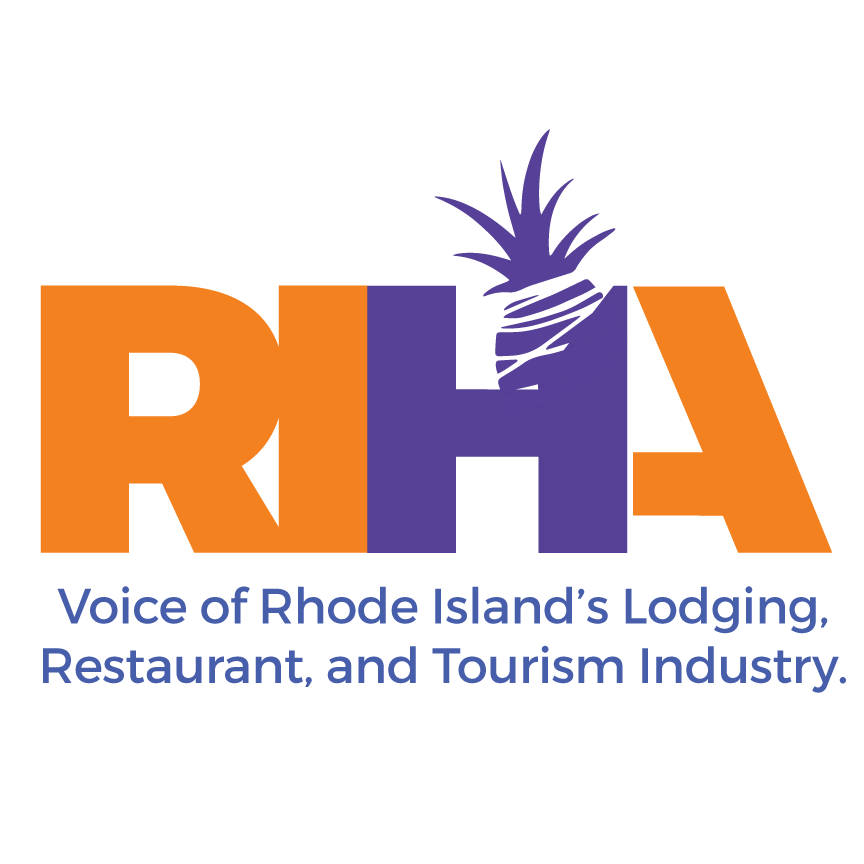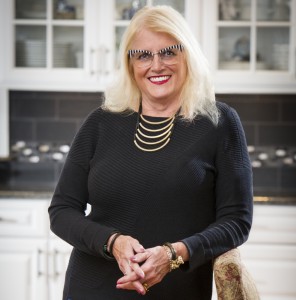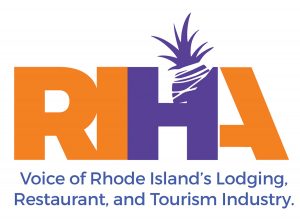

Dale J. Venturini, President and CEO of Rhode Island Hospitality Industry Association.
By Dale Venturini, President & CEO, RI Hospitality Association
Rhode Island, along with more than 20 other states in the nation and more than 38 cities and counties, undertook a minimum wage increase in January 2019. In New England, Rhode Island, along with Massachusetts, Maine and Vermont, all raised wages this year. The Ocean State’s new minimum wage is $10.50 per hour compared to $12 per hour in Massachusetts, $11 per hour in Maine and $10.78 per hour in Vermont. In January 2020, Rhode Island’s minimum wage will rise to $10.50 per hour.
Wage issues – minimum wage and tipped wage – are an ongoing, hot-button topic for business owners, organized groups and politicians alike. Business owners want their employees to earn a good wage, but mandating large increases in wages, without allowing business owners to gradually absorb the increased costs, results in business closures and loss of jobs. In Rhode Island, we have regularly faced legislation focused on raising the tipped and minimum wage and have undergone five minimum wage increases since 2013 alone.
In addition to minimum wage increases, there are additional costs – including payroll taxes, paid sick leave and other laws recently passed that will most certainly hurt business owners. Here in Rhode Island, we saw several well-known restaurants close their doors in 2018, citing rising labor costs as the primary reason for the decision along with rising food costs and regulatory oversight also contributing to the closures.
In Massachusetts, The Boston Globe reported on January 4 that Durgin-Park will close its doors on January 12. This quintessential New England landmark restaurant has been operating in famed Faneuil Hall since as far back as the 1700s. In an interview with The Boston Herald, the restaurant’s manager said the state’s new minimum hourly wage is partially to blame and my counterpart, Bob Luz, CEO of the Massachusetts Restaurant Association, said that there are a number of Bay State restaurants that will be forced to close their doors due to rising costs. With 95 cents of every dollar that comes through a restaurant going right back out for expenses, it’s nearly impossible for restaurants to turn a profit.
Business owners are still adjusting to last year’s minimum-wage increase and there is only so much additional debt a business can absorb. As business owners are forced to pay more, they will also be forced to hire selectively and at the expense of the emerging workforce. A hallmark of our industry has always been that we are a great place for new workers to get practical, hands-on training, while also making good wages and enjoying a flexible schedule.
 Over the past several years, the RI Hospitality Association has undertaken numerous grassroots educational campaigns to illustrate the true reality of wages relative to our industry, and how continuous wage increases harm small businesses and subsequent job creation.
Over the past several years, the RI Hospitality Association has undertaken numerous grassroots educational campaigns to illustrate the true reality of wages relative to our industry, and how continuous wage increases harm small businesses and subsequent job creation.
Our industry is well known, but not necessarily understood at all levels. Wage increases coupled with paid sick time might look like excellent ideas on paper, but in reality a hospitality business model fundamentally cannot adjust to this additional burden. Hospitality is not manufacturing, and forcing that type of business model into our industry simply does not work.
While we were fortunate not to have the proposed $15 an hour minimum wage legislation pass, we are gearing up for another legislative battle this year and are carefully watching New York City and its recently passed $15 per hour minimum wage for large businesses.
Our industry works. We employ more than 85,000 in Rhode Island alone and contribute millions of dollars in tax revenue to the state. We are a model of job creation locally and nationally. We are a cornerstone of each community. And as such, we remain an ongoing target.
Learn more
To learn how you can help keep our industry strong and able to employ more than 85,000 folks in the state, please visit: www.rihospitality.org.
Dale J. Venturini is the President & CEO of Rhode Island Hospitality Association. A veteran of more than 25 years in the hospitality industry, Venturini is considered by many to be the voice of the industry in the state of Rhode Island. She has been instrumental in improving the industry’s educational and training programs in the state, as well as enhancing the bottom line of the business she represents. Venturini splits her time between the office and the State House, a constant presence for her membership.











